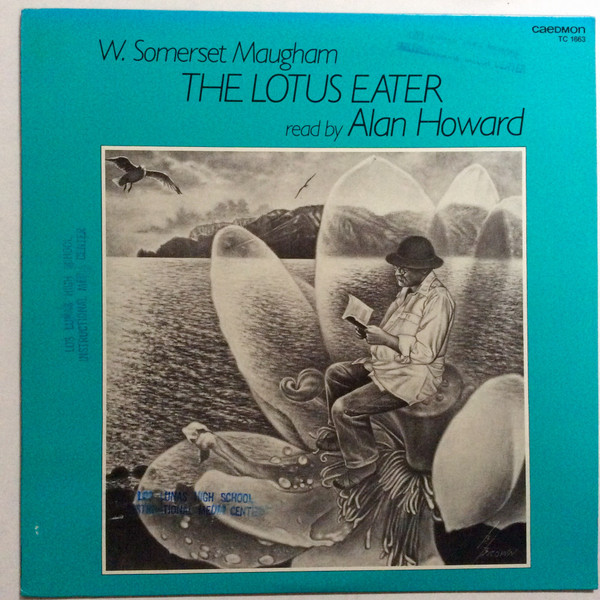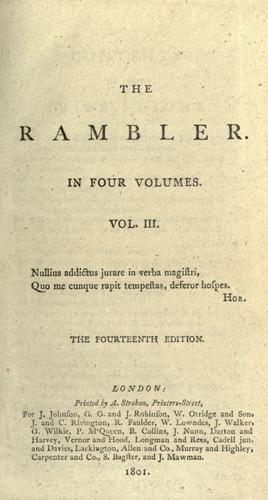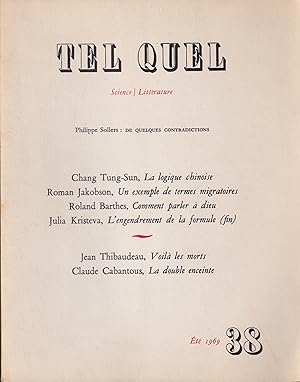
What, according to Forster, the Englishmen’s attitude to criticism in his essay “Notes on the English Character”?
In the course of his discussion of the characteristic charge of coldness against the English nature, Forster’s notes have made one more
observation. This is an Englishman’s usual attitude towards criticism. With his undeveloped heart, rational understanding, and pragmatic approach, the Englishman is found to have developed a specific attitude of mind. Emotion seems to have no place in this, and his judgment observation is least affected by any emotional colour.
This is particularly revealed in his attitude towards criticism. In fact, hardly any criticism seems to affect or move him. He approaches
the same with cold indifference, and as such, cold, critical comments seldom annoy or hurt him. He listens to whatever may be said against him and smiles over this and goes away. To him, his critics are not worth recognizing. Because he has no prompt response to feeling, he has no uneasiness to face and meet any criticism.
Indeed, in his approach to the critics, the Englishman generally stands differently from other nations, with absolute indifference to
whatever critics may say. To him, perhaps, the critics bark and he allows them to bark. He seems to confront his critics with a tolerant, humorous attitude that is quite interesting. It smacks something of the pages of Punch, a weekly humorous magazine of London. As a matter of fact, the middle-class Englishman has a complacent attitude to his critics. He seems to admire himself and dismisses rather easily whatever others may say about him. Forster’s observation in this respect is worth quoting
……the middle-class Englishman, with a smile on his clean-shaven lips, is engaged in admiring himself and ignoring the rest of mankind. If in those colourless pages, he came across anything that really funny-a drawing by Max Beerbohm for instance his smile would disappear, and he would say to himself, ‘The fellow’s a bit of a crank,’ and pass on.





